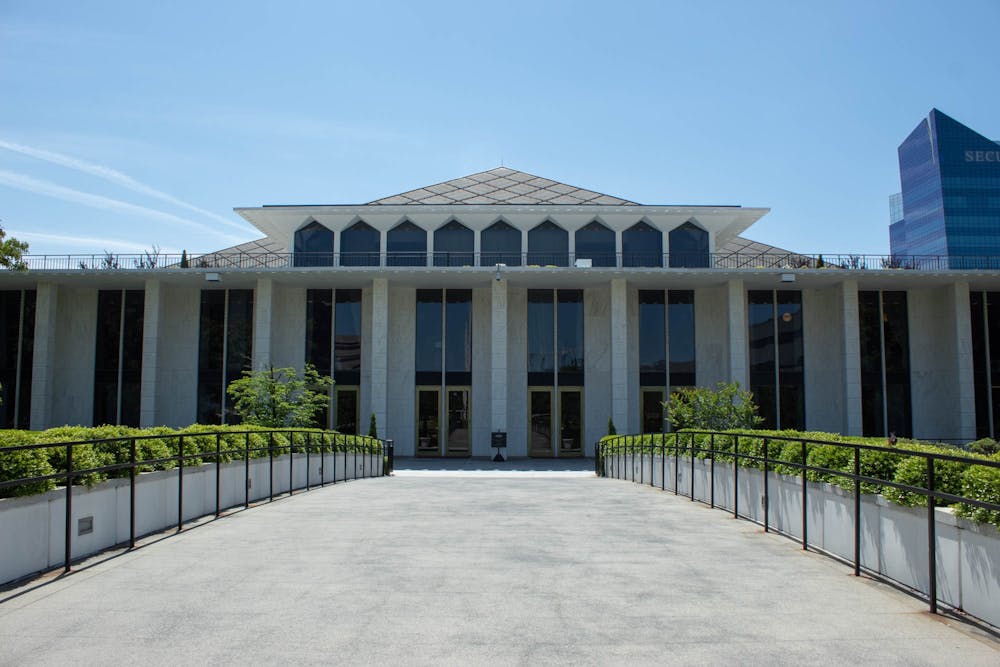House Bill 823 — which passed the N.C. House in May and is currently in the N.C. Senate Rules Committee — would expand the Opportunity Scholarship Program by removing income eligibility requirements and allocating up to $500 million per year for private school vouchers by 2032.
The bill is sponsored by some of the most prominent Republicans in the General Assembly, including N.C. House Speaker Tim Moore (R-Cleveland, Rutherford) and N.C. Rep. Tricia Cotham (R-Mecklenburg).
The Opportunity Scholarship Program provides scholarships for North Carolina students to attend private schools.
“Private education has always been an option for families in North Carolina — if they have the means to afford it,” Brian Jodice, the executive vice president for Parents for Educational Freedom in North Carolina, said.
This year, the average private school yearly tuition is $9,637 in North Carolina, but it can be as low as $1,850 and as high as $57,650 in different schools statewide.
N.C. Rep. Allen Buansi (D-Orange) said the funds that would be used for the program could be better used to fund public education in North Carolina.
“It's not a good bill,” he said. "It takes away even more money from our public schools.”
June Atkinson, former North Carolina superintendent of public instruction, said that the amount of money the voucher provides is based on per-pupil expenditure in public schools. The maximum award is $6,492.
“Many of the private schools, especially those with excellent reputations, charge much, much more,” she said. “So how can a child or how can a parent afford to send a child to a private school?”




